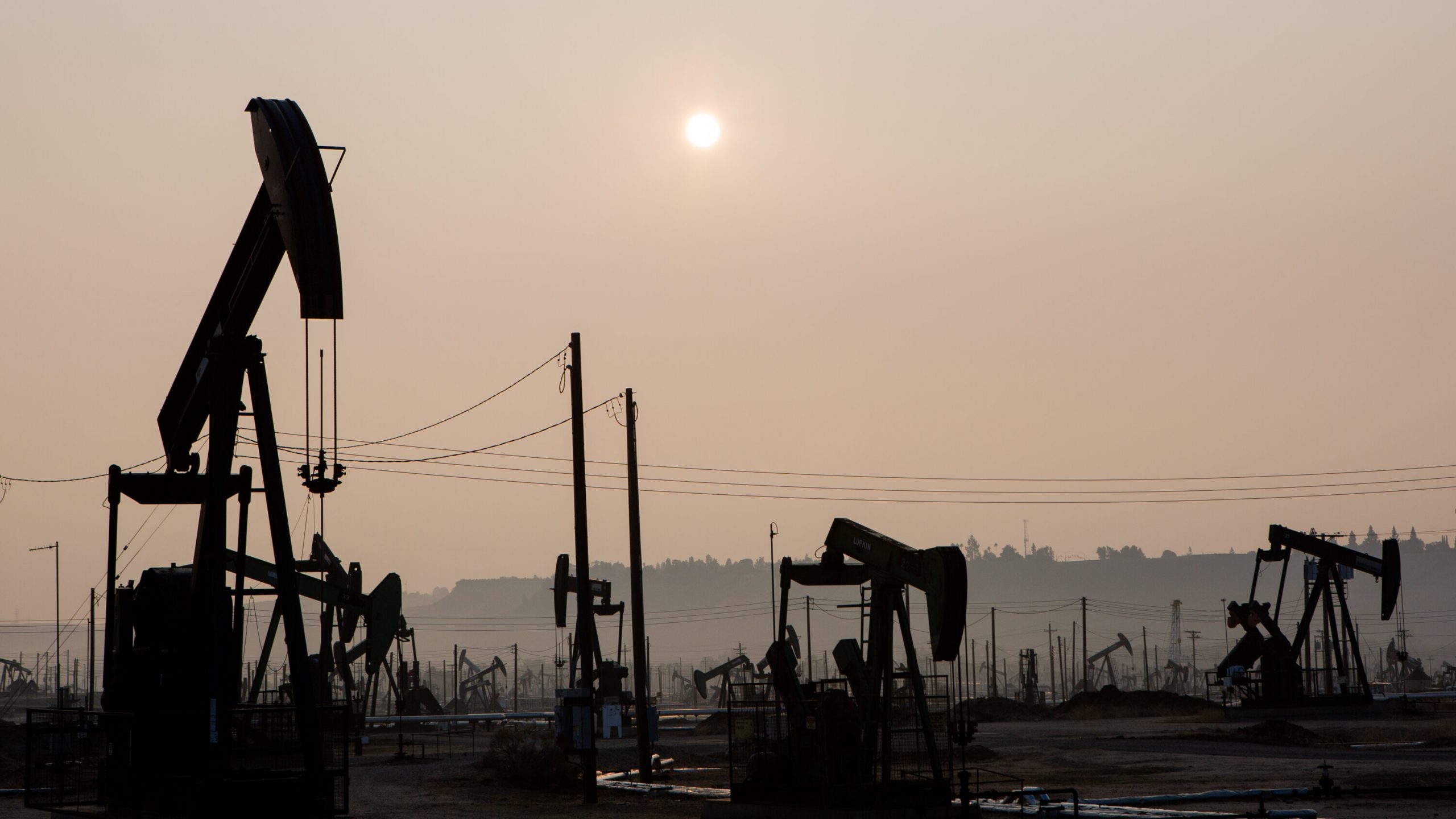Commodities
Why do big companies refuse to produce more oil and gas production?

Major companies are refusing to produce more oil and gas production. The energy giants are still reeling from the recent collapse in oil prices and are unwilling to take risks.
Now that oil prices are much higher than $100/bbl, you can hear the question on every corner: why don’t the world’s energy giants take advantage of such a good opportunity and drill huge numbers of new wells to make billions on high prices?
The World Community is Asking OPEC to Produce More Oil
There are many reasons for this strange behavior, but analysts generally name three. Firstly, oil companies have not yet fully digested the trillion-dollar losses of the last decade. Second, expensive gasoline does not yet mean high profits for oil companies to justify the development of new fields.
And third, the growing popularity of electric vehicles makes most oil companies satisfied with the bird in the hand in the form of already developed wells, which now bring good profits; rather than chasing the crane in the sky, i.e., super profits, the hunt for which carries huge risks. Will Saudi Arabia produce more oil?
There is no definite answer. The first reason – the losses of the past years are mostly psychological in nature, but this does not make them any less strong. Because of the collapse in the oil markets in the middle of the last decade, oil companies lost over $1 trillion. For example, among the four oil giants covering all areas of the oil industry, from exploration of new fields to equipment and well maintenance: Royal Dutch Shell, Occidental Petroleum, Transocean and Halliburton, only one company – Shell – managed to make money rather than incur billions of dollars in losses in 2014-18.
It also answers the question of why Canada doesn’t produce more oil. The events of 2014-20 taught oil workers to be cautious and to always remember that high prices can collapse at any moment, and that a company that forgot about this and invested all its money in exploration and expansion of production is likely to go bankrupt.
Life has taught oil companies that it is safer to be conservative regarding costs, i.e. not to invest everything they have, no matter how much they might want to, in exploration and production. That’s why many oil companies have such low budgets for these items, despite the ideal market situation.
It might seem that you can forget about caution when prices are at, say, $120 per barrel, but the fact is that the oil markets are not ruled by arithmetic, but rather by higher mathematics.
For example, the oil markets are now in a situation described by the English word “backwardation,” when oil prices are currently higher than futures prices. In deciding whether to invest in new wells, an oil company director should analyze not the current oil prices. but the prices of the time when the first barrels of oil will be extracted from the new wells. If, for example, we are talking about the end of 2023, we can expect to be able to sell it for a maximum of $78 a barrel. That’s well below $97.5 a barrel on the spot market. Earlier, producers began to produce more oil as Iran’s supply fell.
If you add conservative thinking to backwardness, it becomes more or less clear why new wells are not growing like mushrooms after the rain and why oilmen and investors are in no hurry to “bury” big money in the ground.
Situation in the oil markets is slowly changing
Despite the above-mentioned reasons, the situation in the oil markets is slowly changing. The number of working rigs has now reached a two-year high, and in the next few months it may reach pre-pandemic levels.
Production is growing very slowly, but still. But it is not growing fast enough if there is a collapse in oil prices. This means that the cash flows that oil companies are generating at the moment should continue indefinitely until demand drops.
Contributing to oil companies’ reluctance to take risks and invest in new production are electric cars. Last year, one in 12 new cars sold was electric (8.6%). Data for the first six months of 2022 suggest that this figure could grow by about 50%.
Naturally, such rapid development of electric cars cannot help but get on the nerves, and confidence of oil companies. Few people want to increase production when they realize that the main consumer of oil, i.e. cars, is increasingly switching to electricity.
Commodities
Oil prices rise; U.S. crude inventories plunge, Russia-Ukraine truce eyed
Commodities
India’s Reliance to stop buying Venezuelan oil over US tariffs, sources say
Commodities
Oil prices climb on Venezuela supply worries

 Forex3 years ago
Forex3 years agoForex Today: the dollar is gaining strength amid gloomy sentiment at the start of the Fed’s week

 Forex2 years ago
Forex2 years agoUnbiased review of Pocket Option broker

 Forex3 years ago
Forex3 years agoHow is the Australian dollar doing today?

 Forex3 years ago
Forex3 years agoDollar to pound sterling exchange rate today: Pound plummeted to its lowest since 1985

 Cryptocurrency3 years ago
Cryptocurrency3 years agoWhat happened in the crypto market – current events today

 World3 years ago
World3 years agoWhy are modern video games an art form?

 Commodities3 years ago
Commodities3 years agoCopper continues to fall in price on expectations of lower demand in China

 Economy3 years ago
Economy3 years agoCrude oil tankers double in price due to EU anti-Russian sanctions































